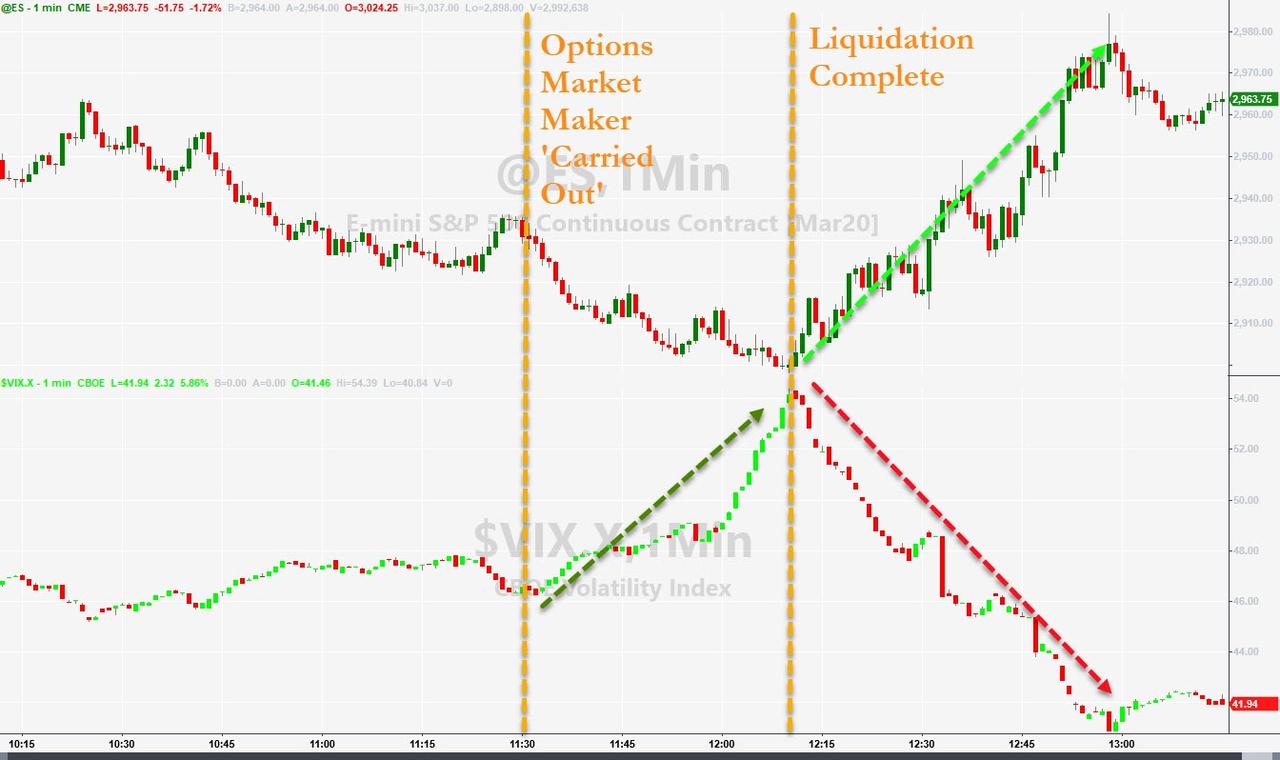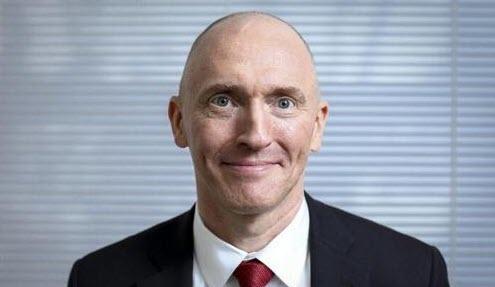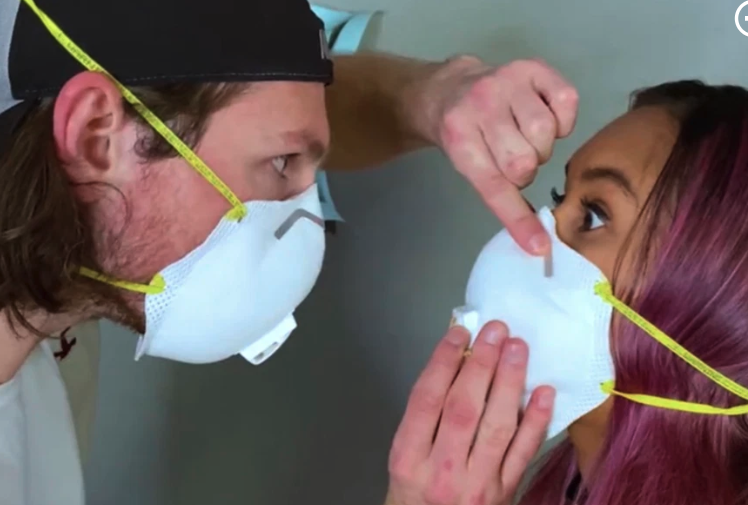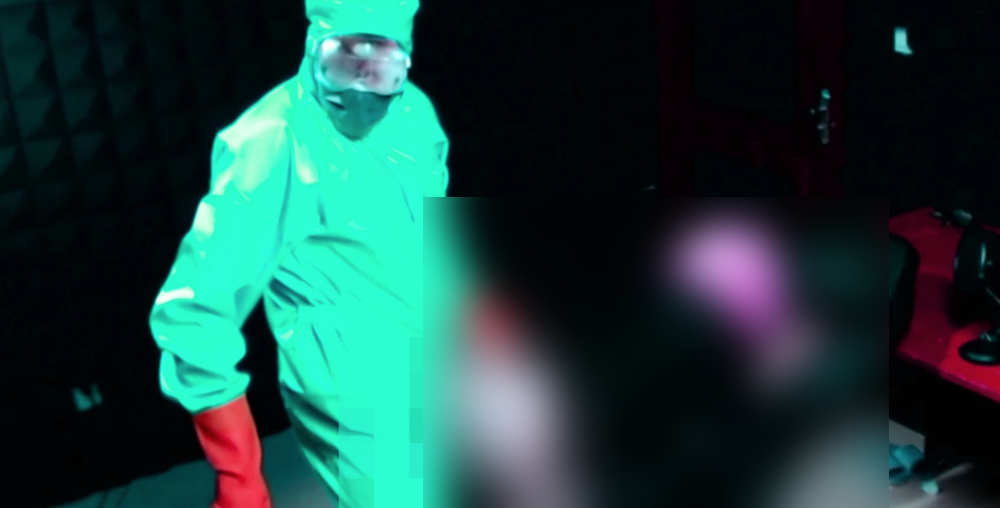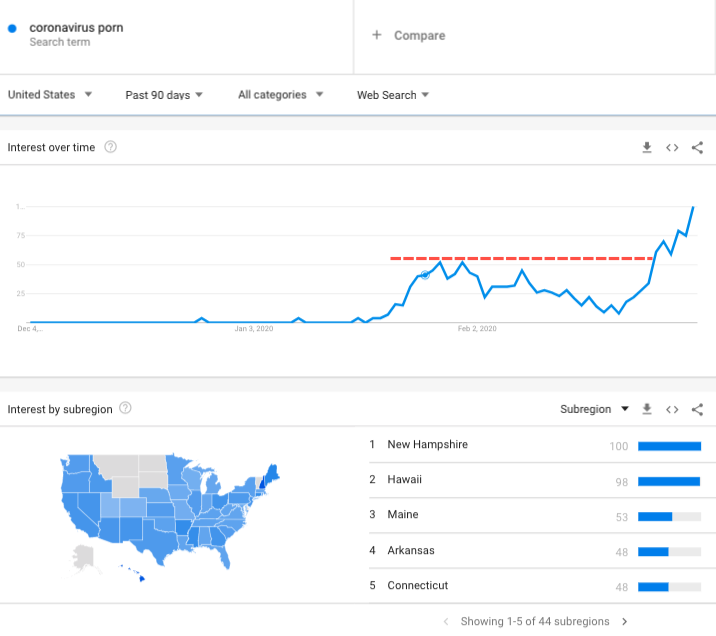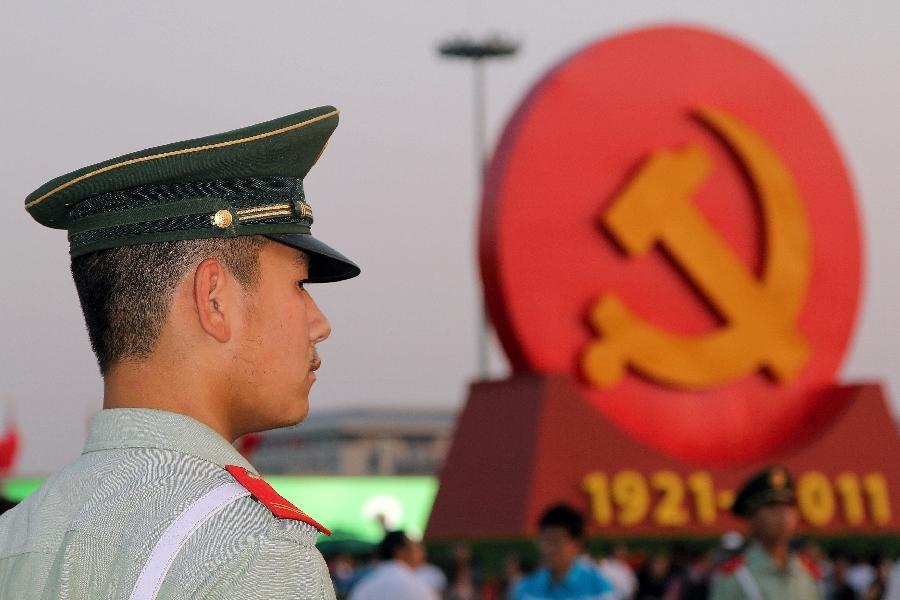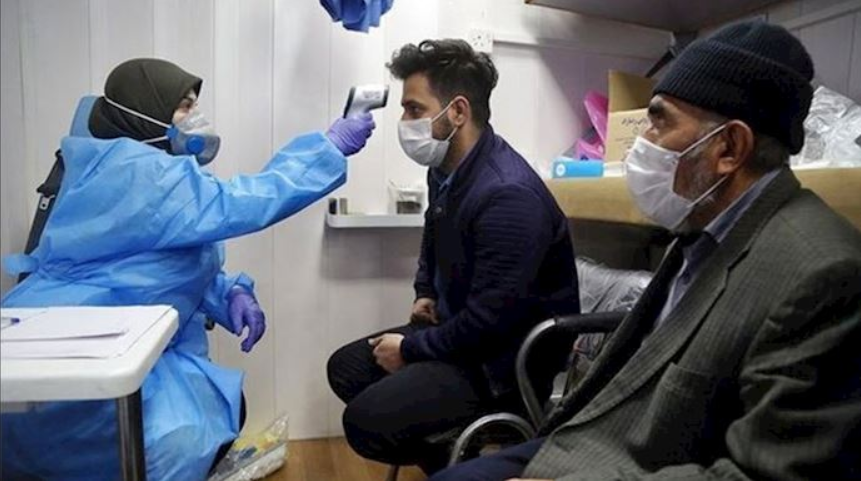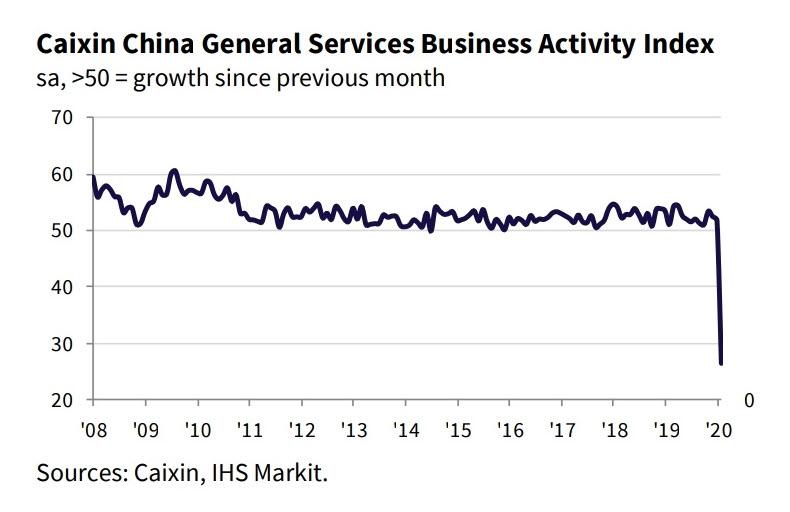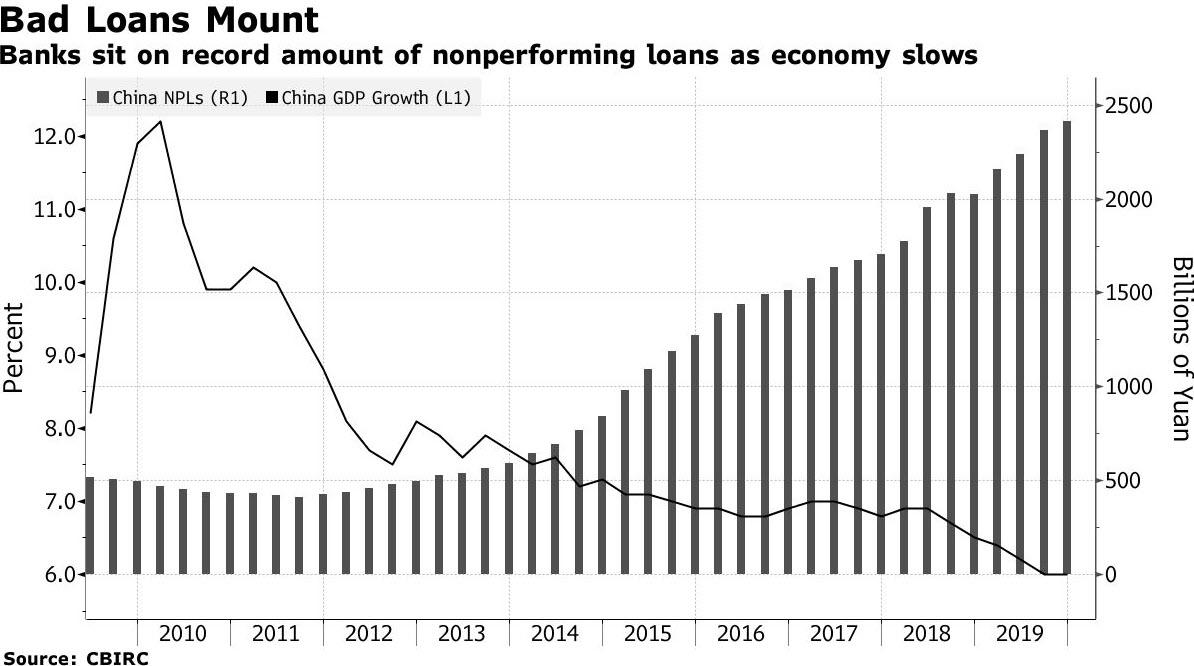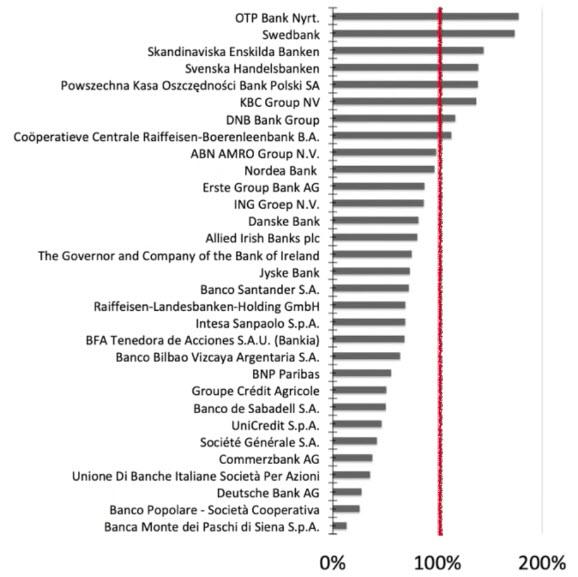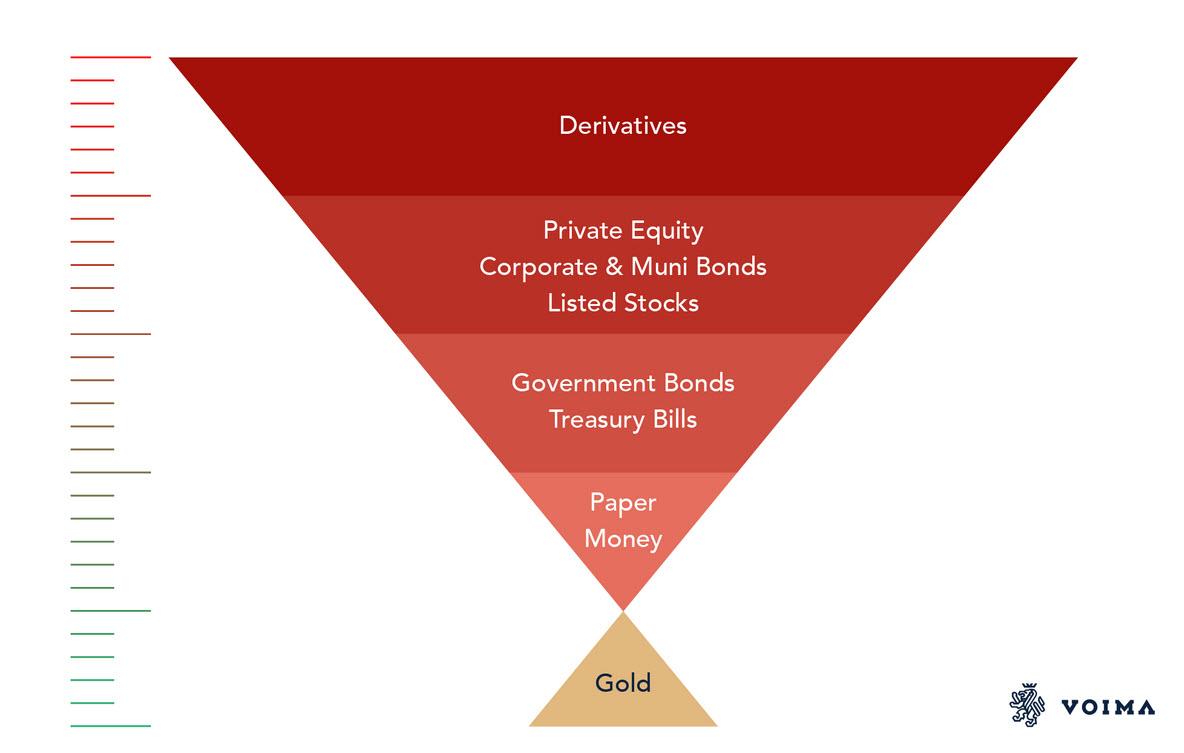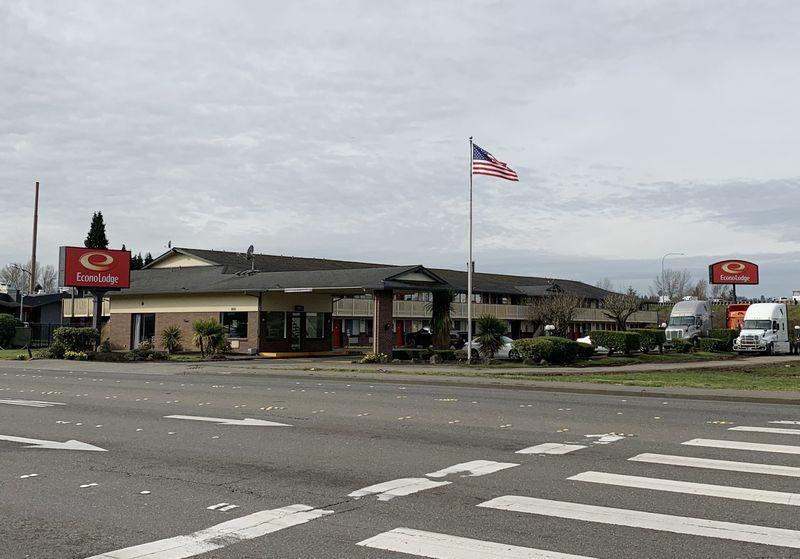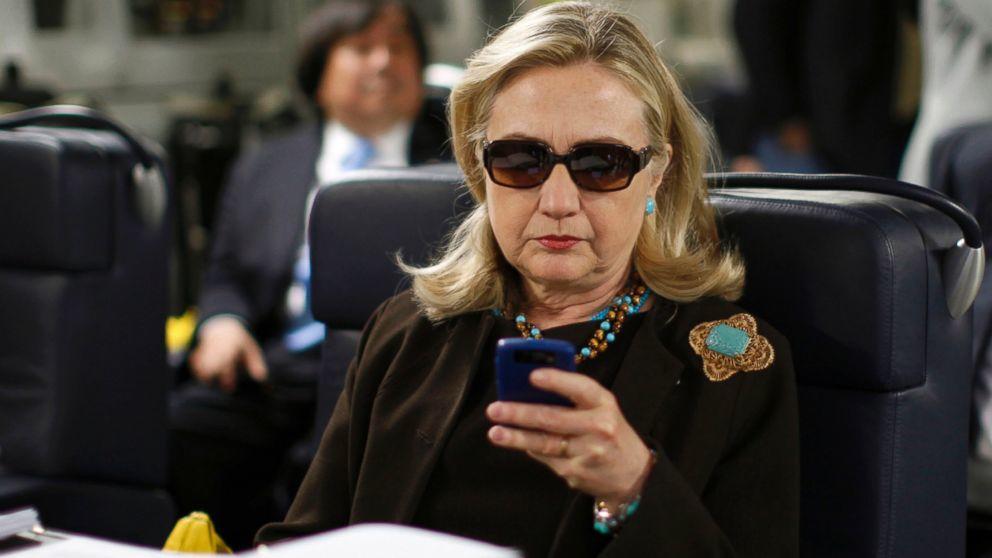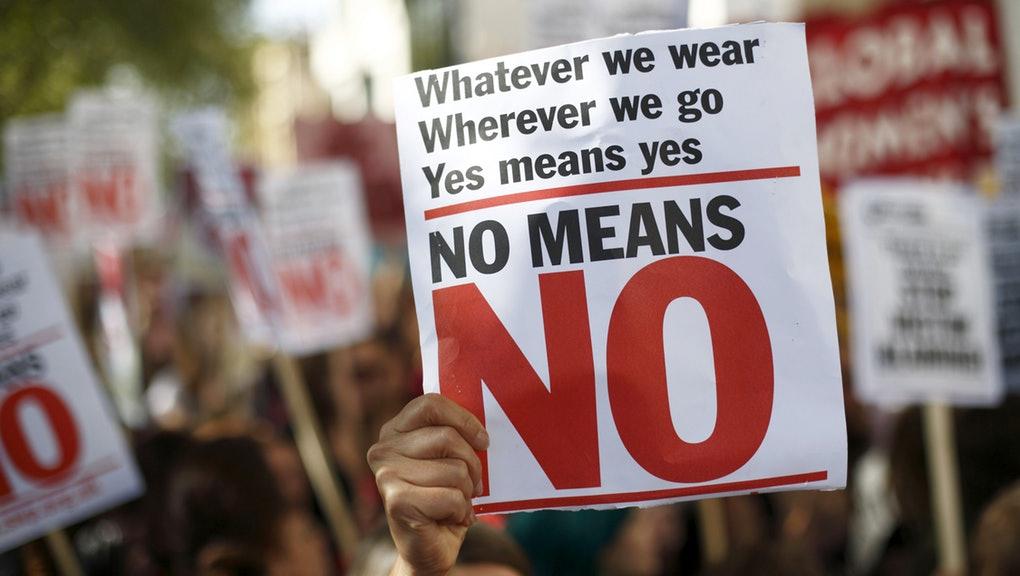“Someone Big Was Utterly Blown The F**k Out”: Here’s The Reason Behind Today’s Unprecedented VIX Move
There was a bizarre moment this afternoon, when in the 40 minutes heading into the final hour of trading, the VIX kept rising and rising, preventing the S&P from doing its sworn duty of spiking higher into the weekend. And then, just after 310pm ET (or 1210 PT), the VIX collapsed, plunging by as much as 14 vols from 54.39 – the highest print since Lehman – to 40.84, the low for the day, and unleashing another unprecedented buying cascade, which almost sent the Dow green.
What happened?
As the following chat session between three individuals, which includes a former CME index option trader (X), all of whom wish to remain anonymous lays out, what happened is that the VIX ramped as a major Chicago market maker was caught in a “short gamma” squeeze, which forced them to keep buying the VIX as the VIX soared, in the process ending the VIX even higher, only to get margin called out of their position by their clearing firm, puking their entire position, and unleashing the VIX avalanche and the 700 Dow point rally. Regular readers will recognize this pattern: it is what happened, only not with the VIX by the ES, back in February 2017, when the Catalyst Hedged Futures Strategy Fund pushed the entire market higher when it, itself, was caught in a similar gamma trap.
Below the the full chat laying out what happened:
X: Someone got carried out of the pit in spx options 15 minutes ago
X: Utterly blown the fuck out
X: Their clearing firm literally liquidated some big market maker in Chicago hahahaha
X: Go to Ceres today
Y: Omfg
X: Someone big literally doesn’t exist anymore
X: WE’RE RUINED MORTIMER
X: It caused a huge dislocation in the vix
X: You could see them blow out 😂
X: God i feel so happy now
X: (Ssssiiiippp)
Z: Someone hacked into this Boise publication and is posting redpills on their Twitter
Z: [link to Boise Weekly hacked twitter account]
Z: Is one of those degenerate leftist weekly publications so common in urban areas
X: Lol nice
Z: What’s going on with the spx?
X: Bro
X: What a lollercoaster
X: Im in cloud 9 right now
X: My old he lush trading firm blew out vs vix 32
X: Now someone else the same size did it vs 48 haha
X: Old hellish*
X: Consolidated trading blew out vs vix 32 last week
X: Verifiable true
Z: Do you know the other firm?
X: I wanna say they were the 4th largest market maker in chicago
X: Asking my friend. Trying to find out
[pictures of VIX vs /ES[H2O] on TOS]
X: That dramatic rise in the vix is inconsistent with the speed and depth of the fall in sp500
X: Someone literally got liquidated around 3 eastern
X: [Z] tell them about consolidated trading
X: “Consolidated Trading was well known across Chicago as degenerate risk takers who would always maintain a short vol/gamma position regardless of market conditions. Finally bit them in the ass last week and they blew out even after the market gave them tons of opportunity to get flat or long vs vix 23”
X: [Screenshot of another chat he’s in]:
Q: Vix 52
Q: 14 day vol is 60 lol
Q: Bro
Q: Someone big in Chicago just got carried out of the pit
Q: Their clearing firm mega puking them out CAUSED A SEVEN POINT DROP IN THE VIX
Q: Reversed in minutes
Q: MORTIMER WE’RE RUINED lmfao]
And that’s what’s behind 700 point move today.
Tyler Durden
Fri, 03/06/2020 – 19:23
via ZeroHedge News https://ift.tt/2InWfBd Tyler Durden
